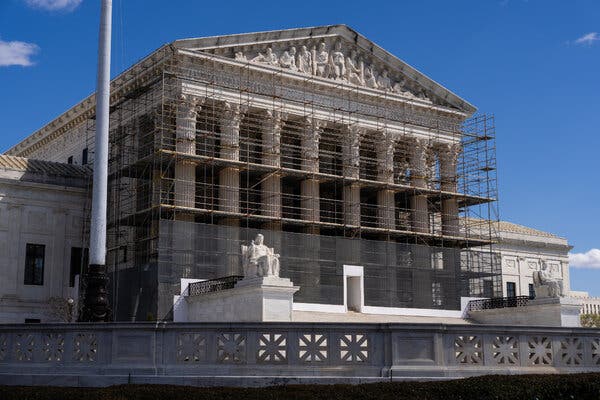Supreme Court’s Review of the Alien Enemies Act: What It Means for U.S. Deportations
In recent months, the Supreme Court Alien Enemies Act dispute has taken center stage in U.S. legal and immigration conversations. With shifting political climates and frequent debates on national security, understanding the court’s position is crucial for anyone interested in American law or immigration issues.

What Is the Alien Enemies Act?
The Alien Enemies Act is a wartime law, first passed in 1798, that allows the president to detain and deport non-citizens from countries at odds with the United States. While it lies dormant during periods of peace, recent administrations have sought to activate this centuries-old law to accelerate deportations of groups labeled as national security threats.
Supreme Court’s Latest Decision
On May 16, 2025, the Supreme Court issued a major decision affecting deportations under the Alien Enemies Act. The high court maintained a freeze on using the act to remove Venezuelan immigrants accused of gang affiliation, specifically those caught in northern Texas. This action stops swift deportations and returns the case to a lower appeals court for further review, underscoring the significance of due process rights in immigration enforcement.
For a comprehensive news summary, see The New York Times coverage, which details the justices’ skepticism about the administration’s approach and the legal questions surrounding the use of centuries-old legislation for modern deportations.
Key Legal Questions Raised
The justices did more than just freeze deportations. They returned the matter to the Fifth Circuit Court of Appeals, asking it to decide:
- Whether the Alien Enemies Act can lawfully be applied in these cases
- What due process rights are owed to those targeted under the act
- Whether the government is providing sufficient notice for detainees to challenge their removals
Read the NPR report for an overview of the specific challenges raised in this high-profile dispute.
Broader Implications for U.S. Immigration Policy
This Supreme Court Alien Enemies Act case highlights a larger debate over presidential power during perceived emergencies. In the current case, lower courts across several states have already blocked the act’s use, raising doubts about the president’s wide wartime authority in peacetime contexts. Civil liberties groups argue that basic rights—such as notification and the ability to contest deportation—must be preserved, even for non-citizens facing rapid removal.
For deeper analysis of the judicial reasoning and its potential ripple effect on future immigration enforcement, CNN Politics provides detailed insight. This resource explains how the Supreme Court’s cautionary stance could influence how federal agencies and lower courts treat similar cases nationwide.
Conclusion: Why This Case Matters Now
The Supreme Court’s handling of the Alien Enemies Act has set a new legal precedent for immigration enforcement and presidential powers. With the case returning to the appeals courts, the nation waits for a final decision that could reshape the landscape of U.S. immigration law. Staying informed about these changes is essential for everyone who cares about justice, national security, and the rights of immigrants.
Stay tuned for ongoing coverage as this landmark legal battle unfolds.